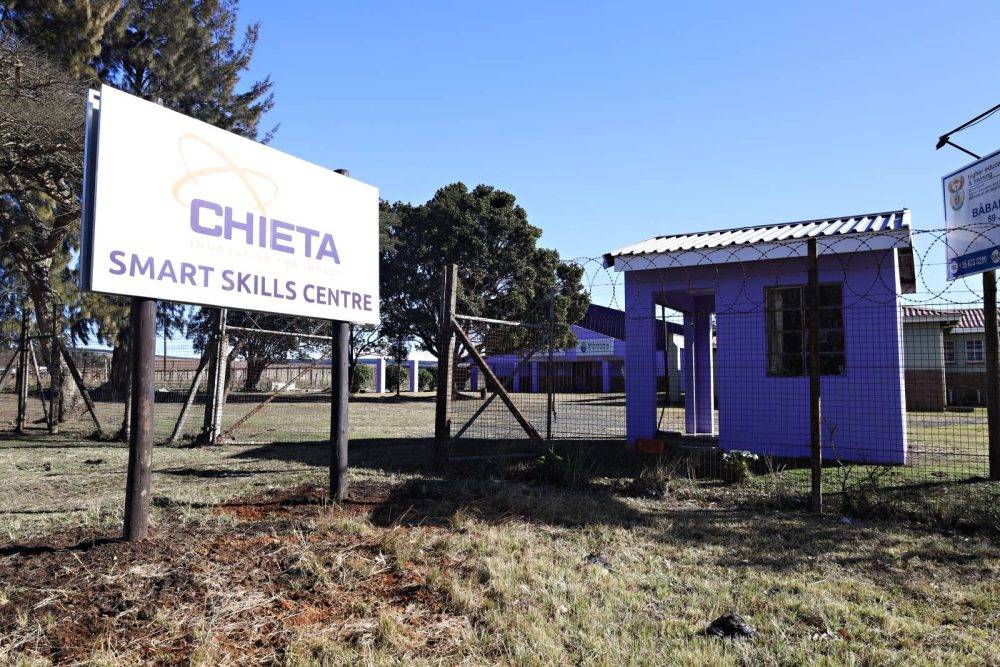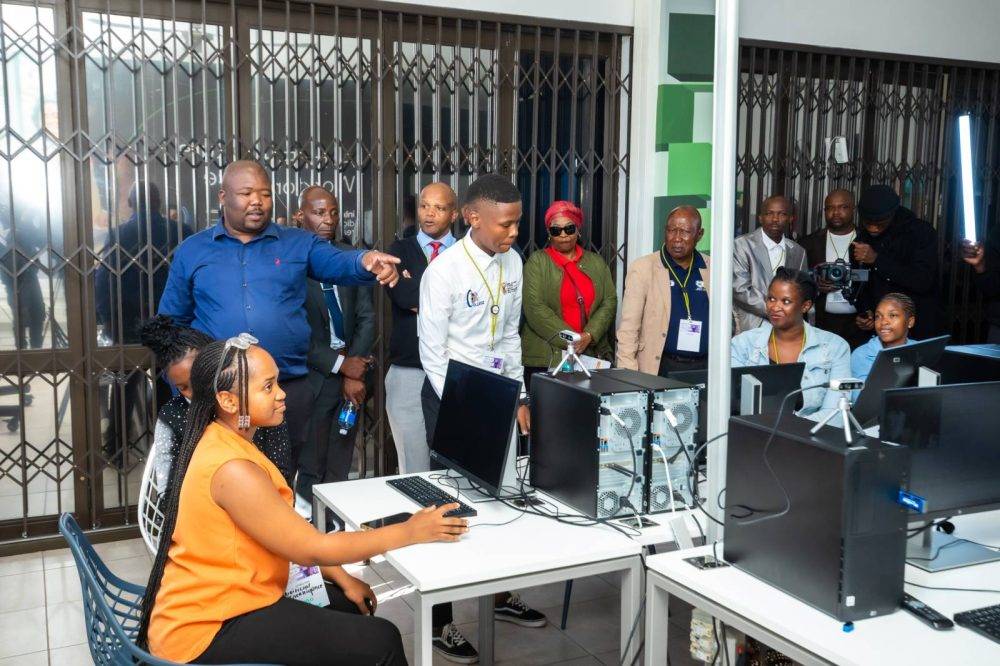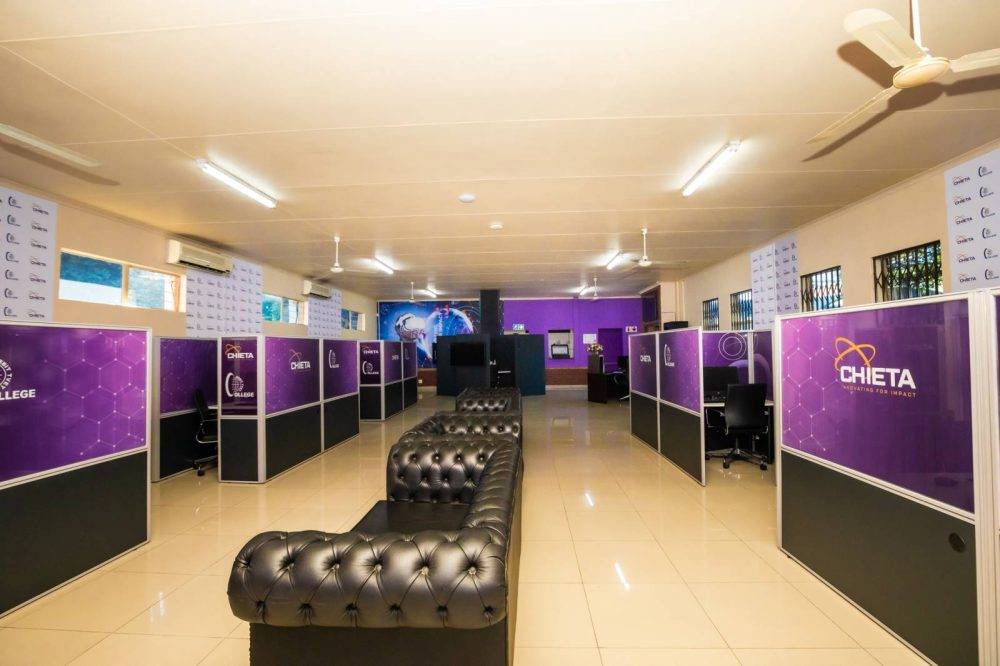Yershen Pillay, CEO of CHIETA
The 4th Industrial Revolution brings with it a unique opportunity to address and combat unemployment, poverty and disproportionate access to the digital economy, particularly for the most vulnerable including our youth in under-resourced communities. An upward trend in our economic growth trajectory is largely dependent on upskilling our youth and underprivileged communities, with a particular focus on digital technologies. South Africa stands at a critical crossroads where digital transformation is no longer a choice but a necessity.
As President Cyril Ramaphosa reaffirmed in his 2025 State of the Nation Address (SONA), the future of our economy hinges on education, skills development, and digital inclusion. The Chemical Industries Education & Training Authority (CHIETA) is not just responding to this call—it is actively reshaping the landscape of digital education and job creation through its SMART Skills Centres.
Since their inception in 2022, these centres have equipped over 20,000 young South Africans from rural and underserved communities with cutting-edge digital skills. According to the General Household Survey 2023 by Statistics South Africa, approximately 66.3% of rural households have access to the internet via mobile devices. However, only 1.7% of rural households have fixed internet access at home.
Access to digital technologies in rural communities is still limited compared to urban areas. Factors such as infrastructure challenges, economic constraints, and limited availability of services contribute to this disparity. CHIETA is bridging the digital divide, ensuring that no one is left behind.
SMART Skills Centres are active in six provinces, including Babanango and Melmoth (KwaZulu-Natal), Gqeberha (Eastern Cape), Brits (North West), Modjadjiskloof (Limpopo), Sabie (Mpumalanga), and Saldanha Bay (Western Cape). These centres are not just training hubs—they are catalysts for economic inclusion, innovation, and entrepreneurship.
Each centre is equipped with cutting-edge resources, including:
- Virtual Reality (VR) Training for artisans, providing immersive, hands-on learning experiences.
- Smart Boardrooms for startups and entrepreneurs, fostering business development.
- Accredited Digital Courses ensuring that unemployed youth gain industry-relevant skills for the future economy.

One such success story is the Saldanha Bay SMART Skills Centre, where over 100 unemployed youth recently earned entrepreneurship certificates, equipping them with the knowledge to launch their own businesses and become job creators in their communities.
To expand the reach, plans are underway to open SMART Skills Centres in the remaining three provinces:
• Fraserburg, Northern Cape
• Phuthaditjhaba, Free State
• Gauteng, in collaboration with PG Glass
By bringing digital training to historically underserved communities, CHIETA is laying the foundation for a more inclusive and competitive economy. Another critical aspect of our mission is gender inclusion. Women continue to face systemic barriers in digital and STEM fields, but CHIETA is committed to breaking these stereotypes. We are empowering young women with high-tech skills, ensuring they have equal opportunities in the digital workforce.

CHIETA’s SMART Skills Centres are a game-changer, but this is only the beginning. We must expand, innovate, and accelerate efforts to equip young South Africans with the skills they need to thrive in a rapidly changing economy. The future is digital, and the strength of that future in a South African context depends on how well we prepare our youth today.
